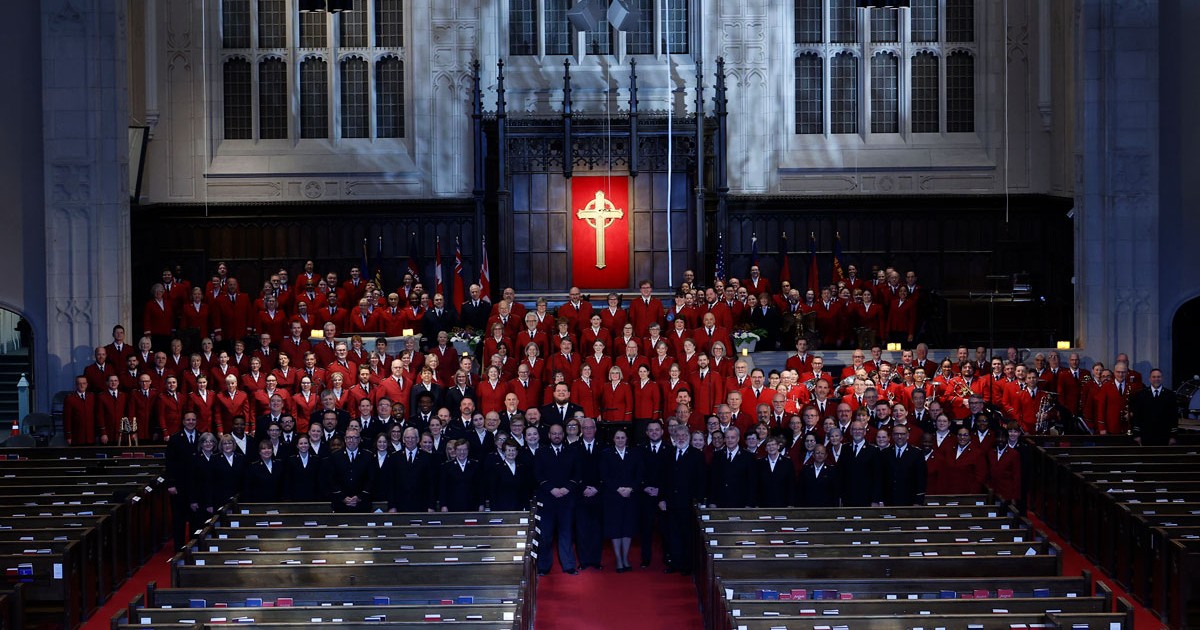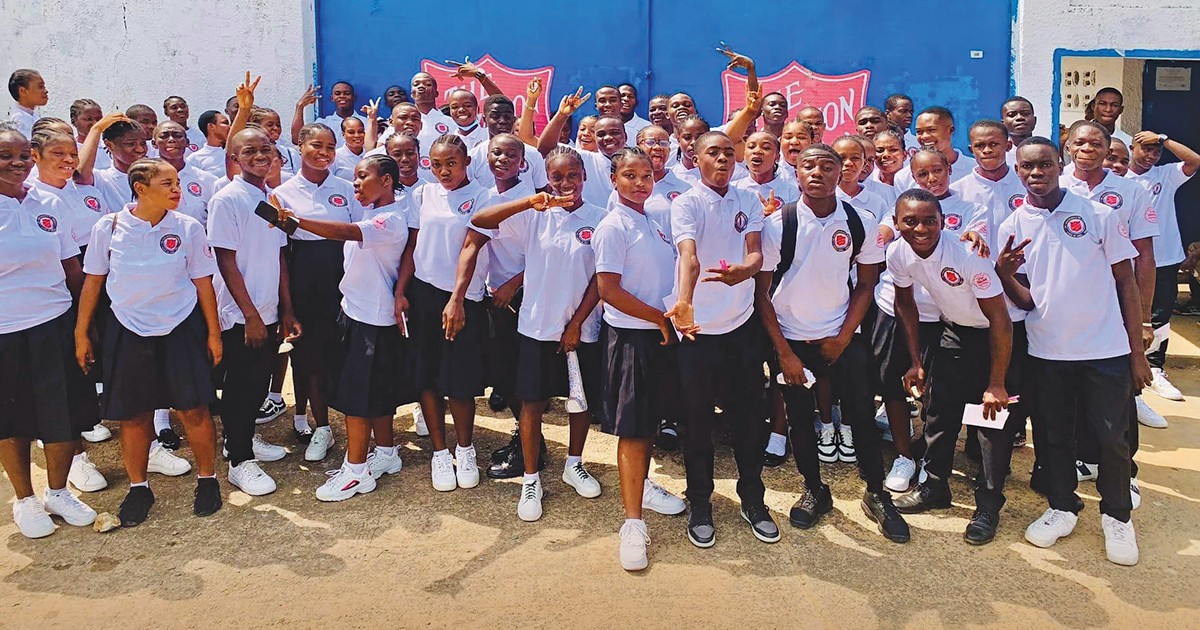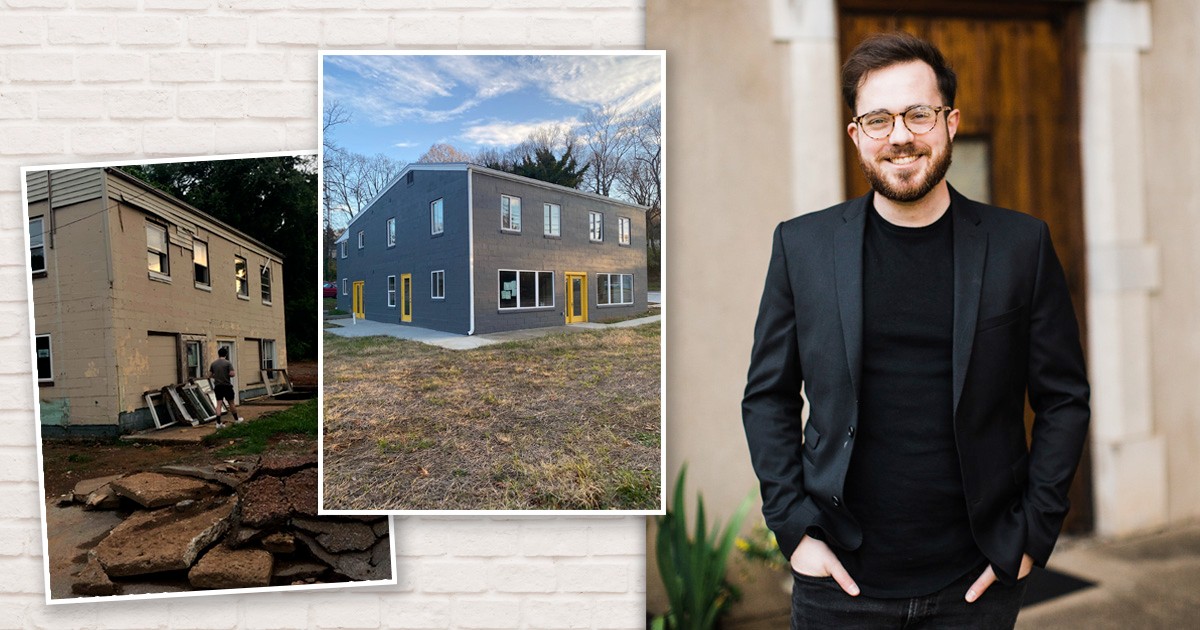 My cellphone rang at 1:35 a.m. “Captain, it's the police. We've raided a massage parlour, rescued three women and need a place for them to stay for the next few days.” We made the necessary arrangements as Victim Services brought the women to one of our facilities.
My cellphone rang at 1:35 a.m. “Captain, it's the police. We've raided a massage parlour, rescued three women and need a place for them to stay for the next few days.” We made the necessary arrangements as Victim Services brought the women to one of our facilities.
The women made little eye contact as they came through the door, each carrying everything they owned in a single, small suitcase. Our staff offered the women something to eat and helped them get settled, and even though our new guests spoke very little English, it was obvious that they were withdrawn, anxious and afraid.
In the morning after breakfast, one of the women, Ling (name changed), pointed to her cigarettes, pretended to light one, and asked, “Smoke?”
Staff led Ling outside to the patio. With hand gestures and the few English words she knew, Ling asked how long we were going to keep her locked up. It took a while for staff to assure her that she was in a safe place, that she was not being held and that she could go outside any time she wanted. Ling thought that she was still in police custody and that our building was part of the police station.
Staff explained that this was The Salvation Army, but it was obvious she'd never heard of us. One staff member made a sign of a cross in the air with her hand. A look of recognition came to Ling's eyes, and for the first time since coming through our door, she smiled. “Church!” she exclaimed.
At lunch, the women all declined a second helping of food. Staff were puzzled since police interpreters had told us the women had been given very little to eat while in captivity. It was Ling who was able to explain that they could not afford to eat more. They thought they were still living under their captors' rules, which meant paying for food—$50 for a bowl of soup, $10 for a piece of bread. It was a small glimpse inside their horrific ordeal.
Ling and her two friends were our guests for only a few days before flights were arranged for them to return home to their families. During the brief time they spent with us, they gradually began to relax. There were hesitant smiles and tentative laughs. And then they were gone. It was a full week before the story hit the front page of the newspaper and the public learned of the city's first alleged case of human trafficking.
The global picture of human trafficking is grim and disturbing. The U.S. State Department estimates that each year 600,000 to 800,000 women and children are trafficked across international borders. The majority of these victims are forced into the commercial sex trade and deprived of their human rights and freedoms.
These are the hard, cold facts, but they do not tell the story behind the frightened faces that came to our centre in the middle of the night. These women suffered physical and emotional abuse and threats against self and family. They were deprived of food and sleep, and confined to small rooms for days at a time. It struck me that these women were someone's sister, mother, daughter … and that their families were worried and anxious for their safe return.
Every day we are bombarded with headlines, statistics and sound bites that tell us of the tragic events occurring around the globe. We can turn the page, flip the channel or change the station. Sometimes we are desensitized by the sheer volume of negative news. Yet, when it happens in our neighbourhoods, the story breaks through the numbness.
Catherine Booth said, “There is no improving the future without disturbing the present.” The dehumanizing reality of human trafficking must disturb us and move us to action. Isaiah 58:6 reads, “Is not this the kind of fasting I have chosen: to loose the chains of injustice and untie the cords of the yoke, to set the oppressed free and break every yoke?”
We are still challenged and called to action by the well-known words of William Booth, “While women weep as they do now, I'll fight!”









Comment
On Wednesday, December 2, 2009, Emily Chin said:
Leave a Comment